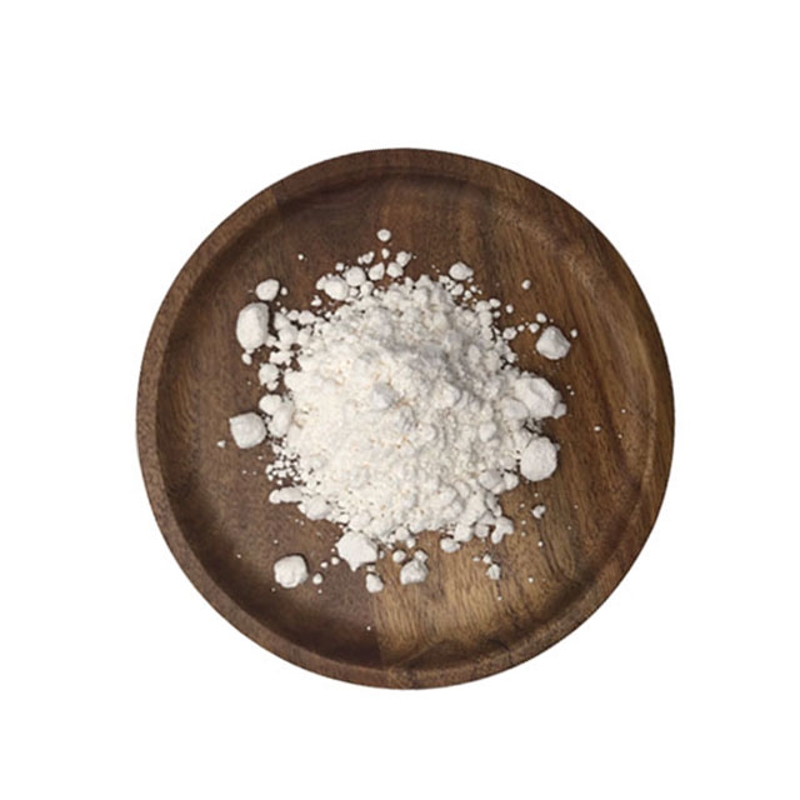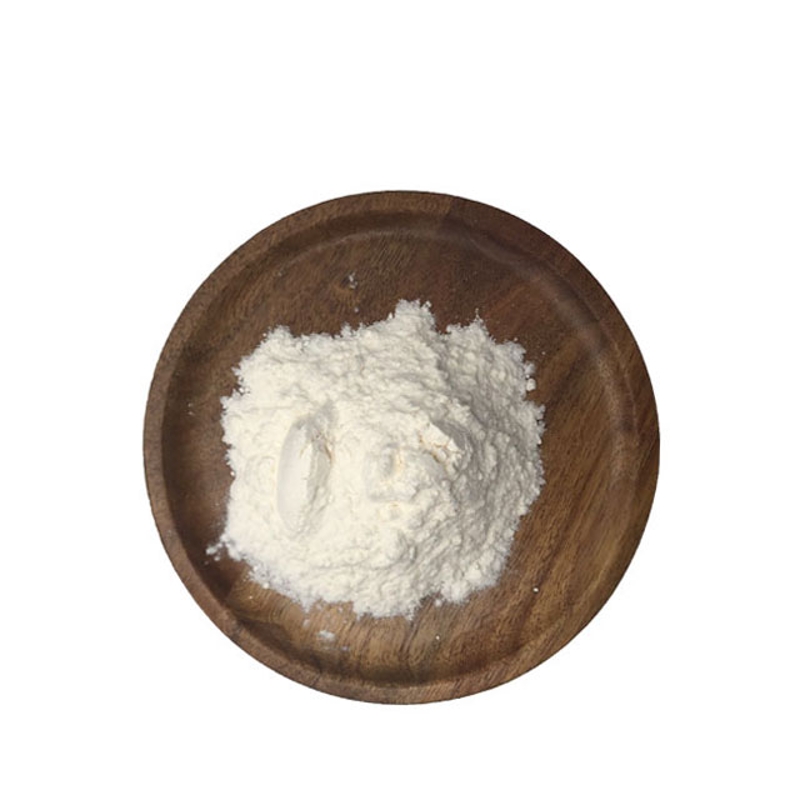-
Categories
-
Pharmaceutical Intermediates
-
Active Pharmaceutical Ingredients
-
Food Additives
- Industrial Coatings
- Agrochemicals
- Dyes and Pigments
- Surfactant
- Flavors and Fragrances
- Chemical Reagents
- Catalyst and Auxiliary
- Natural Products
- Inorganic Chemistry
-
Organic Chemistry
-
Biochemical Engineering
- Analytical Chemistry
- Cosmetic Ingredient
-
Pharmaceutical Intermediates
Promotion
ECHEMI Mall
Wholesale
Weekly Price
Exhibition
News
-
Trade Service
Editor’s note iNature is China’s largest academic official account.
It is jointly created by the doctoral team of Tsinghua University, Harvard University, Chinese Academy of Sciences and other units.
The iNature Talent Official Account is now launched, focusing on talent recruitment, academic progress, scientific research information, interested parties can Long press or scan the QR code below to follow us.
iNature granulocyte-macrophage colony stimulating factor (GM-CSF) is a cytokine that regulates the proliferation and differentiation of bone marrow stem cells and mature granulocytes.
Recombinant human GM-CSF (hGM-CSF) is used to prevent and treat leukopenia, bone marrow hematopoietic dysfunction, and myelodysplastic syndrome.
In recent years, it has been used as an immune enhancer for anti-tumor therapy.
However, it has been found that some patients with extranodal natural killer cell/T-cell lymphoma (ENKTL) will develop disease progression after receiving GM-CSF treatment, and the underlying mechanism remains to be elucidated.
On May 29, 2021, Fu Liwu and Huang Huiqiang from Sun Yat-Sen University published an online report entitled "GM-CSF mediates immune evasion via upregulation of PD-L1 expression in extranodal natural killer/T cell lymphoma" in Molecular Cancer (IF=15.
30).
Research paper, the study found that compared with IgG or a combination of GM-CSF and PD-1 antibodies, mouse tumor-bearing EL4 cell tumors treated with GM-CSF alone showed a faster tumor growth rate and poorer survival rate.
The expression of PD-L1 at mRNA and protein levels in ENKTL cells treated with GM-CSF was significantly increased.
STAT5A high-frequency mutations were found in 12 ENKTL cases with baseline tissue samples, including p.
R131G, p.
D475N, p.
F706fs, p.
V707E, and p.
S710F.
Importantly, STAT5A-V706fs mutant tumor cells exhibited STAT5A pathway activation and increased PD-L1 overexpression in the presence of GM-CSF.
In summary, these findings indicate that GM-CSF may trigger the loss of tumor immune surveillance in ENKTL patients and promote disease progression, which is related to STAT5 mutation and JAK2 hyperphosphorylation, and then up-regulates the expression of PD-L1.
These may provide new concepts for the application of GM-CSF, as well as new strategies for the treatment of ENKTL.
ENKTL is a rare mature T-cell lymphoma with a high degree of malignancy and low sensitivity to anthracycline chemotherapy drugs.
Asparaginase-based chemotherapy combined with radiotherapy is the main treatment for early disease, while the treatment for advanced disease and relapsed/refractory disease is high-dose chemotherapy, and then autologous after standard asparaginase-based chemotherapy Hematopoietic stem cell transplantation.
Granulocyte-macrophage colony stimulating factor (GM-CSF) is a cytokine that regulates the proliferation and differentiation of bone marrow stem cells and mature granulocytes.
Recombinant human GM-CSF (hGM-CSF) is used to prevent and treat leukopenia, bone marrow hematopoietic dysfunction, and myelodysplastic syndrome.
In recent years, it has been used as an immune enhancer for anti-tumor therapy.
The biological effects of GM-CSF mainly depend on its binding to GM-CSF receptor α (GM-CSFRα).
It is known that the activation of GM-CSF receptor can stimulate the JAK/STAT pathway, which has been shown to be one of the ways to regulate the expression of PD-L1.
PD-1/CD279 is a co-inhibitory receptor that is expressed on antigen-stimulated T cells and interacts with two ligands, PD-L1 and PD-L2.
Increased expression of PD-L1 is related to poor prognosis and chemotherapy resistance, which has been confirmed in many tumors including ENKTL.
Immunotherapy against PD1/PD-L1 has shown potential efficacy in a variety of tumors, such as melanoma, non-small cell lung cancer (NSCLC), renal cell carcinoma, and Hodgkin’s lymphoma.
It is worth noting that it is reported that PD-1 blockade is an effective strategy for the treatment of NK/T cell lymphoma when the L-asparaginase regimen fails.
From clinical observation, it is found that some ENKTL patients will develop disease progression after receiving GM-CSF treatment.
A recent study reported that gastric cancer-derived GM-CSF activates neutrophils and induces PD-L1 expression in neutrophils through the JAK2/STAT3 signaling pathway.
And activated PD-L1 positive neutrophils effectively inhibited normal T cell immunity in vitro, and promoted the growth and progression of gastric cancer in vivo.
Due to the importance of JAK2/STAT pathway in hematological malignancies and the recurrent abnormalities of JAK2 in several types of lymphomas, especially T-cell lymphomas, GM-CSF may induce ENKTL disease progression through JAK/STAT /PD-L1 axis.
In this study, it was found that the disease progression caused by GM-CSF in T-cell lymphoma is related to the reduction of tumor infiltrating T cells and granzyme B release, which can be restored by PD-1 treatment.
JAK2 hyperphosphorylation is associated with poor survival and disease progression induced by GM-CSF.
According to the results of Next Generation Sequencing (NGS), STAT5A was identified as one of the most commonly mutated genes in ENKTL patients.
Mutations in STAT5A lead to constitutive activation of STAT5 and PD-L1 expression.
Compared with STAT5A wild-type cells, GM-CSF treatment induced higher PD-L1 expression in STAT5A mutant cells.
Taken together, these findings suggest that STAT5A mutations and JAK2 hyperphosphorylation may be triggers for the upregulation of PD-L1 induced by GM-CSF in ENKTL cells.
This may explain why ENKTL patients usually develop disease progression after GM-CSF treatment.
Reference message: https://molecular-cancer.
biomedcentral.
com/articles/10.
1186/s12943-021-01374-y







